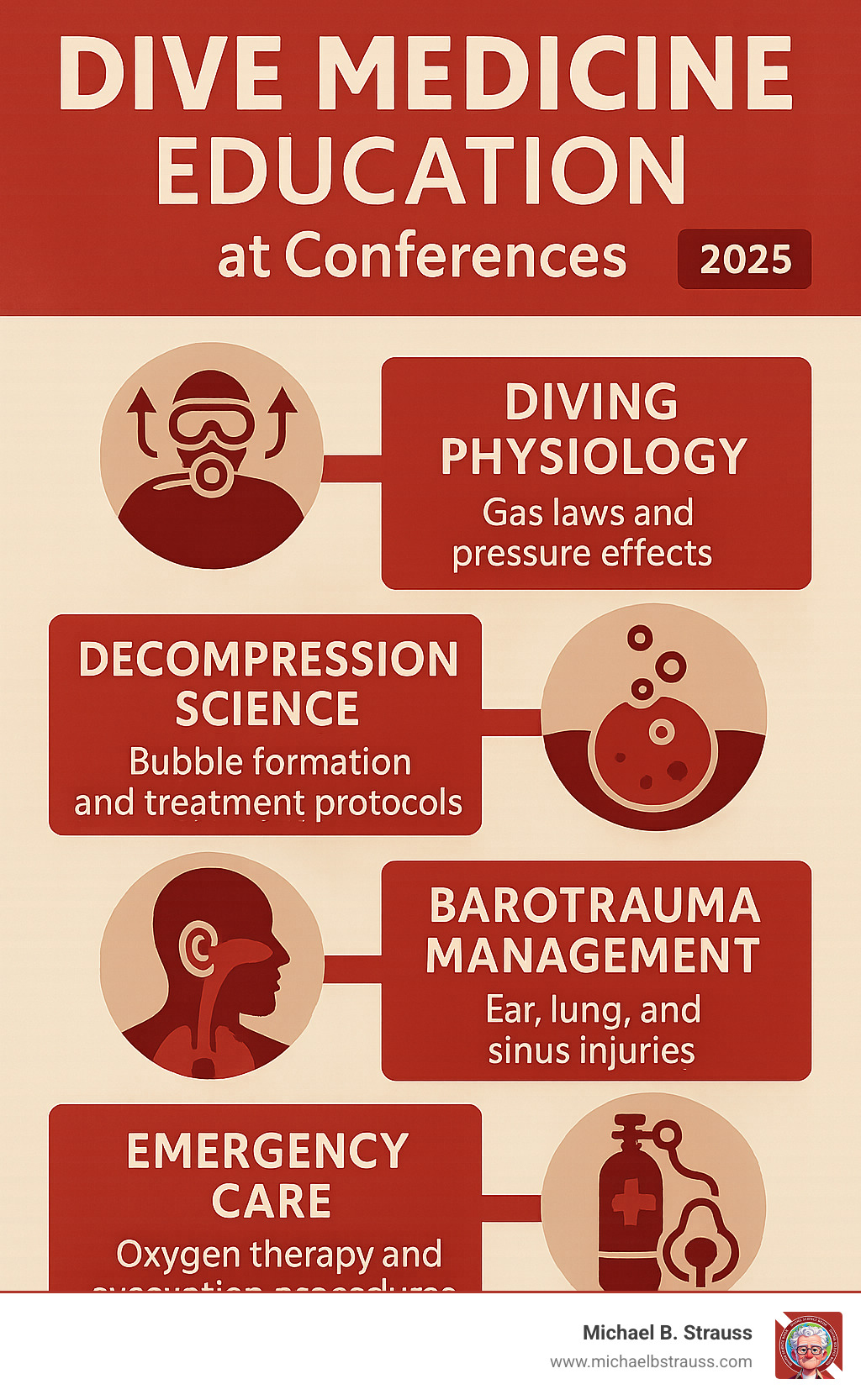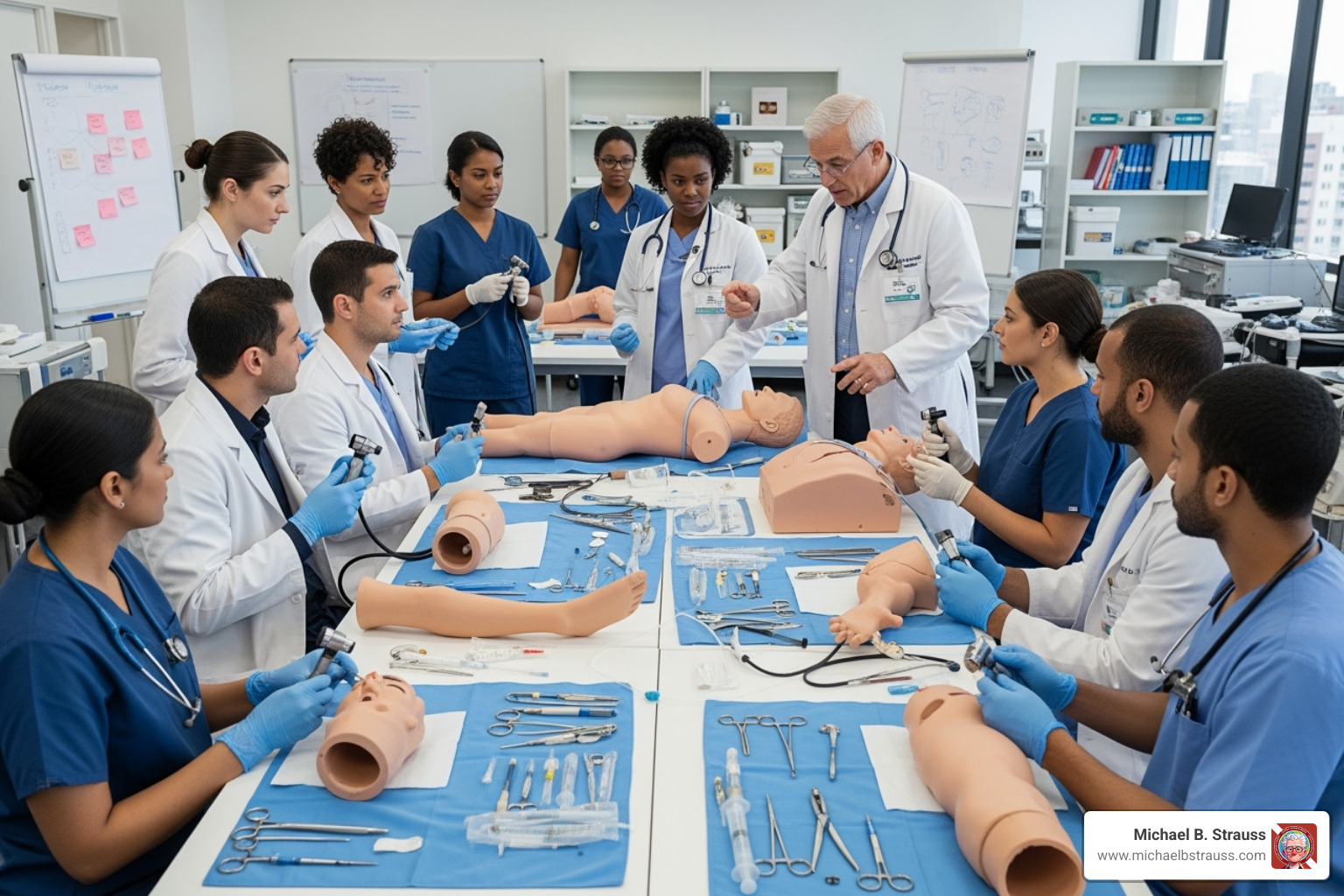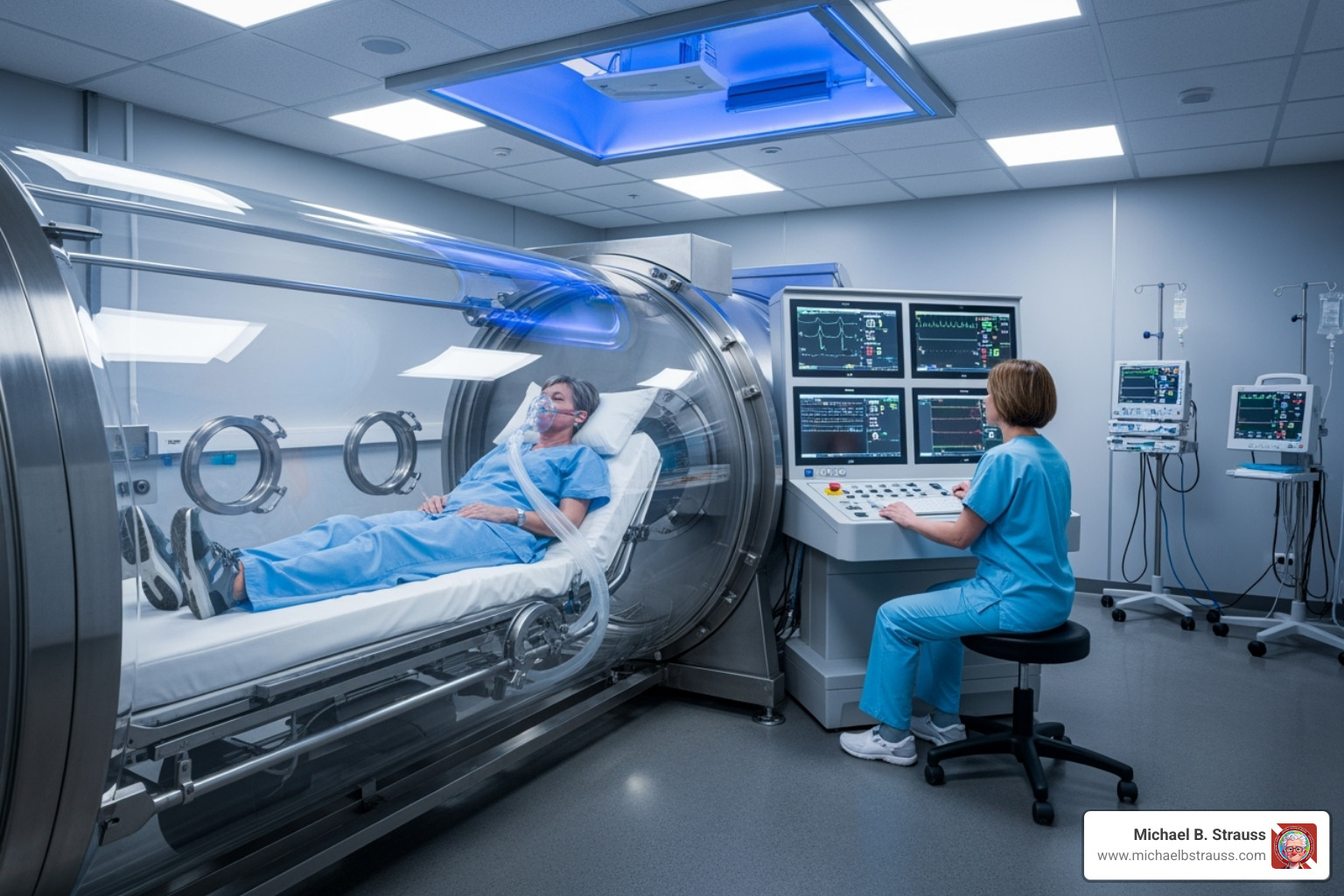Why Dive Medicine Education Matters for Patient Care
Dive medicine conference events are specialized gatherings focusing on the unique physiological challenges and treatments for diving-related conditions. These conferences bring together physicians, nurses, hyperbaric technicians, and diving professionals to share the latest research and clinical practices, ultimately improving patient outcomes.
The field has evolved significantly, with organizations like the Divers Alert Network (DAN) and the Undersea and Hyperbaric Medical Society (UHMS) leading the way in advancing dive safety through research and education.
Attending these conferences provides critical updates on decompression illness, barotrauma management, fitness-to-dive assessments, and hyperbaric oxygen therapy. They also address modern challenges like diving after COVID-19 and managing orthopedic injuries in remote settings. Many offer internationally recognized continuing medical education (CME) credits and certification pathways, making them essential for any medical professional involved in diver care.

Your Guide to the Top 2025 Dive Medicine Conference Events
Finding the right dive medicine conference can feel overwhelming, but we've done the legwork for you. Whether you're a physician, nurse, or diving professional, there's a conference designed for your needs. Let's explore the most impactful events for 2025.
Comprehensive & Foundational Courses
If you're new to dive medicine or need a refresher, these courses cover everything from basic physiology to advanced treatment protocols.
The DAN | UHMS Spring 2025 Diving & Hyperbaric Medicine CME is a premier event in the Caribbean, offering two distinct week-long courses ("Core Concepts" and "Special Topics") that can be taken separately or combined. It uses real-world case reports from DAN's archives and offers up to 26 AMA PRA Category 1 Credit™ per course. It's ideal for physicians, paramedics, nurses, and dive professionals.
Another cornerstone is the Physicians Training in Diving Medicine 2025, an intensive 11-day program with a legacy since 1977. It provides hands-on experience with diving equipment and recompression chambers and holds Level 2D approval from DMAC/EDTCmed, ensuring international recognition. For more resources, our Continuing Medical Education section offers valuable guidance.
Prestigious Institutional Programs
Leading medical institutions host conferences that blend academic rigor with practical application, featuring cutting-edge research from renowned experts.

The Mayo Clinic Diving and Hyperbaric Medicine 2025 course exemplifies this excellence. It focuses on practical skills through comprehensive presentations and hands-on workshops, such as using point-of-care ultrasound for injured divers and managing orthopedic injuries on dive boats. The program addresses modern challenges like fitness-to-dive after COVID-19 and offers 25.00 AMA PRA Category 1 Credit™ and 25.00 ANCC credits. Unique sessions on space medicine and diving in remote locations add fascinating dimensions to the curriculum. Find more on this and other programs in our resources on Diving and Hyperbaric Medicine 2025.
The Expedition & Liveaboard Experience
For a unique blend of education and trip, liveaboard conferences offer practical experience in real-world settings where dive medicine skills are most needed.
The Dive Medicine Course Oman by World Extreme Medicine is a five-day immersive program on a traditional dhow, combining medical training with 10 included dives. Accredited for 34 CPD hours, it covers decompression illness, barotrauma, and emergency management.
Another option is the Wilderness Medical Society's 2025 Diving Medicine Session aboard the Nautilus Belle Amie in the Sea of Cortez. This six-day session focuses on evaluating and treating injured divers, prevention, and fitness assessments while exploring a premier diving destination. These experiences emphasize field management skills crucial for remote emergencies and understanding Decompression Science.
Specialized Training & Certification
Beyond general education, some programs provide certifications for specific roles, essential for professionals assuming key responsibilities in dive and hyperbaric medicine.

The Medical Examiner of Divers course is crucial for practitioners who assess divers for fitness, following strict international curricula from bodies like DMAC, EDTC, and ECHM. This ensures your certification is recognized worldwide.
For facility operations, Hyperbaric Safety Director training is indispensable for ensuring the safe operation of hyperbaric chambers. These specialized courses, like the UHMS Hyperbaric Skills and Emergency Management Course, often have limited enrollment, so early registration is key. These certifications uphold high safety standards and are a worthwhile investment for career advancement. Find more information on programs like Physicians Training in Diving Medicine in our resources section.
Understanding the Core Topics of a Dive Medicine Conference
Every dive medicine conference covers essential topics that form the foundation of safe diving. Understanding these core areas helps you choose the right event.
- Decompression Sickness (DCS): Exploring the pathophysiology, diagnosis, and treatment of "the bends," including hyperbaric oxygen therapy. Learn more about Decompression Sickness.
- Barotrauma: Managing pressure-related injuries to ears, lungs, and sinuses, with a focus on prevention and treatment.
- Hazardous Marine Life: Identifying and treating injuries from venomous creatures like jellyfish and stonefish.
- Fitness to Dive: Assessing divers with modern challenges like post-COVID-19 recovery, diabetes, and patent foramen ovale (PFO).
- Oxygen & Hyperbaric Therapy: Understanding the applications and risks of oxygen therapy, including safe hyperbaric chamber operations.
- Emergency & Remote Care: Applying wilderness medicine principles for managing incidents far from medical facilities, including topics like the Evaluation and Management of Pain Related Medical Problems of Diving.
- Diving Physiology: Grasping the foundational science of how the human body responds to the underwater environment.
How to Choose the Right Dive Medicine Conference for You
Selecting the right dive medicine conference requires matching the event to your specific needs. A systematic approach can help you find the perfect fit.

- Assess Your Goals: Are you seeking foundational knowledge, advanced skills, or a specific certification? Your career stage should guide your choice.
- Consider the Format: Do you prefer in-person workshops, immersive liveaboards, or virtual components? Each offers a different learning experience.
- Verify Accreditation: Ensure the conference offers the right credits for your license, such as AMA PRA Category 1 Credit™ for physicians or ANCC credits for nurses.
- Budget Comprehensively: Factor in tuition, travel, accommodation, and meals. Liveaboard courses may seem expensive but often bundle costs, offering good value.
- Research the Organizers: Look for events backed by respected bodies like UHMS, DAN, Mayo Clinic, Wilderness Medical Society (WMS), and World Extreme Medicine. Their involvement signifies high educational standards. Our resources on Diving Science can provide a solid knowledge base to improve your conference experience.
Advancing Your Expertise in Diving Science
Attending a dive medicine conference is your gateway to becoming a more confident and capable healthcare provider for the diving community. These gatherings merge cutting-edge research with real-world application, directly improving patient outcomes and translating to safer diving experiences for everyone.
The networking opportunities are invaluable, connecting you with researchers, clinicians, and peers who share your commitment to diver safety. Continuing professional development is crucial in this rapidly evolving field, with new research constantly emerging on topics like diving after COVID-19 and advances in hyperbaric oxygen therapy.
As Dr. Michael B. Strauss emphasizes, specialized knowledge directly impacts diver well-being. For a deeper understanding of the principles discussed at these events, explore our comprehensive guide to Diving Science. You'll also find additional educational materials in our Resources section.
Your commitment to advancing your expertise helps make every dive as safe as it is unforgettable.
To dive deeper into the science, purchase your copy of Diving Science Revisited here.
DISCLAIMER: Articles are for "EDUCATIONAL PURPOSES ONLY", not to be considered advice or recommendations.









